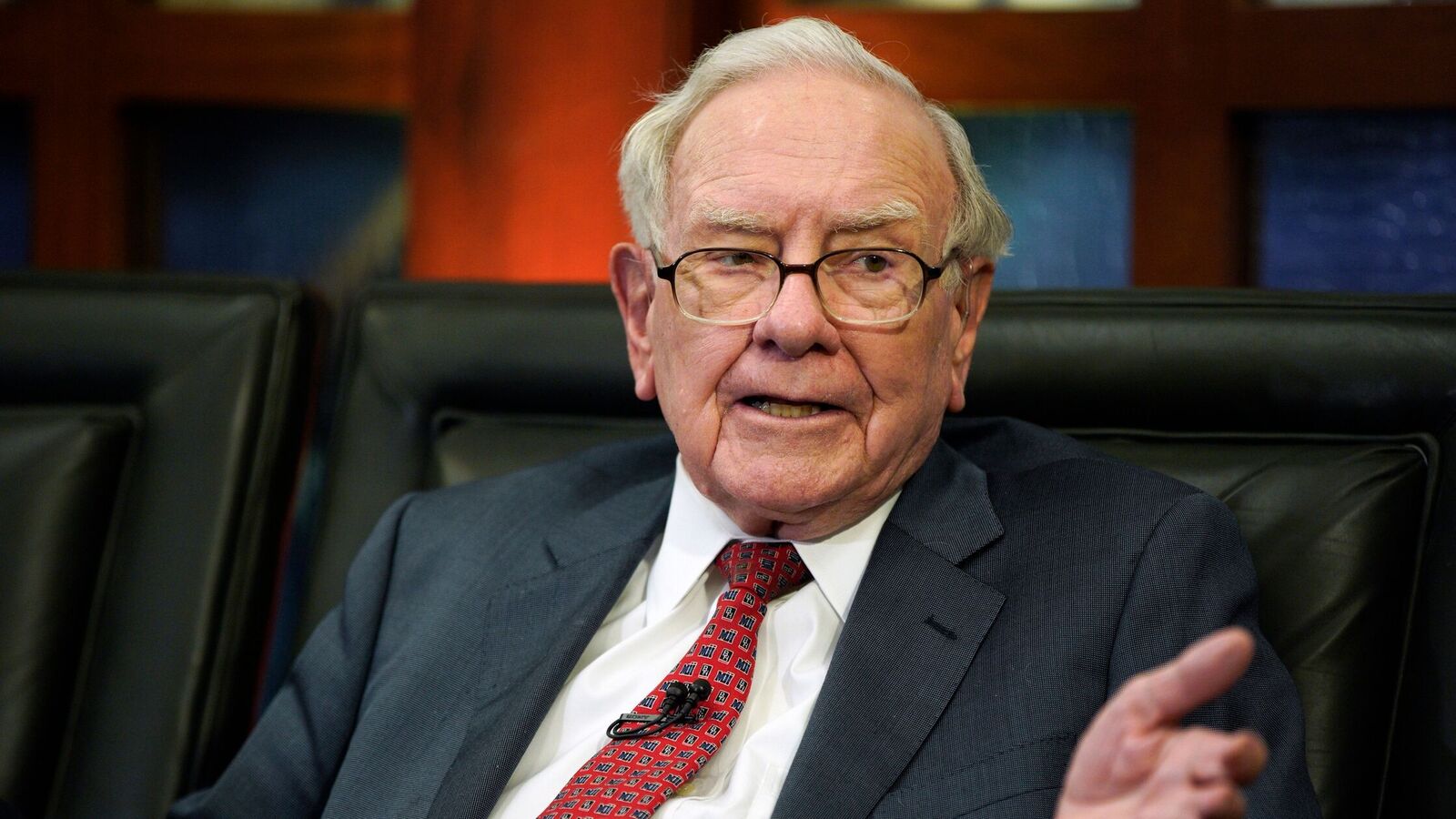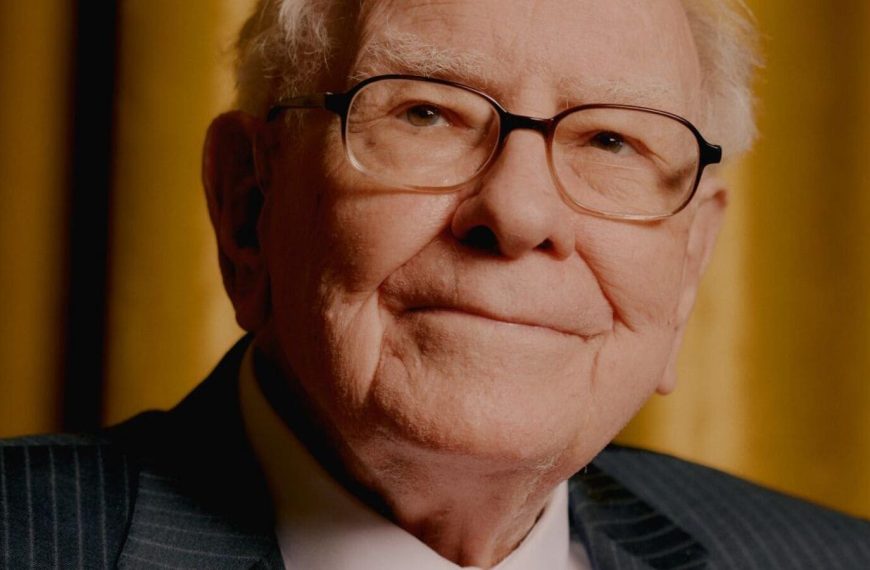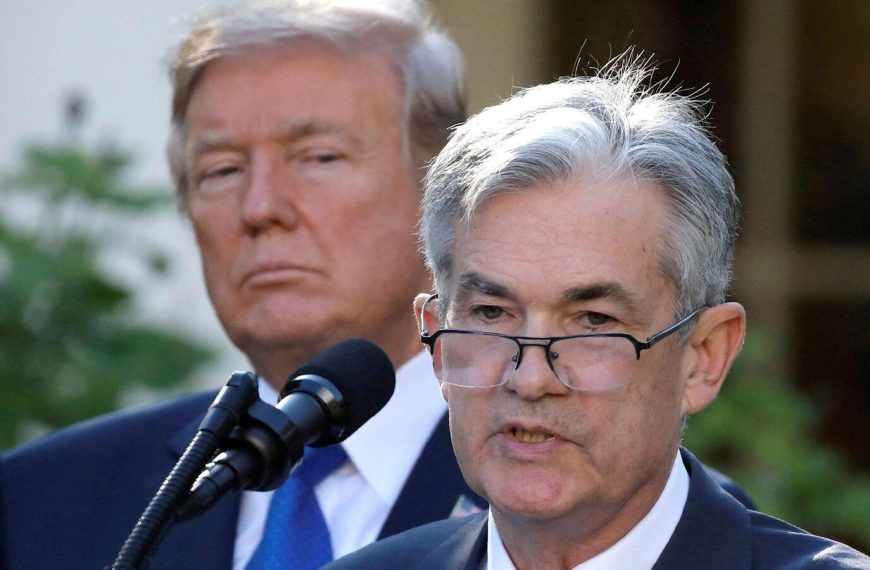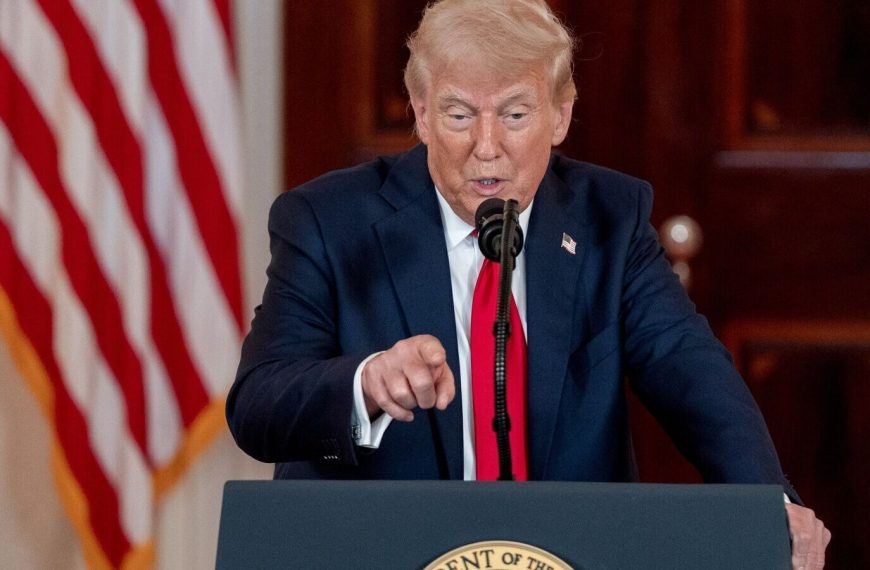Warren Buffett, the renowned CEO of Berkshire Hathaway, recently voiced his apprehensions regarding the persistent fiscal deficit in the United States during his shareholders’ meeting on May 3, 2025. His remarks not only highlighted the challenges posed by the deficit but also indicated a potential shift in investor confidence away from the US dollar. As financial experts continue to analyze the implications of these statements, Buffett’s insights provide a critical perspective on the future of the American economy.
Concerns Over the US Fiscal Deficit
Buffett expressed that the US fiscal deficit has remained an unresolved issue that could impact the nation for years to come. He noted, "We’re dealing with a fiscal deficit that cannot be sustained indefinitely. The timeline for this could range from two years to two decades, but one thing is clear: this situation is not sustainable." This statement underscores the uncertainty surrounding the nation’s financial trajectory.
- Current Situation: The fiscal gap stands at approximately 7%, while experts suggest that only 3% is sustainable.
- Long-Term Outlook: Buffett indicated that straying further from this sustainable level increases the risk of losing control over the fiscal situation.
The Challenge of Correcting the Course
Buffett further acknowledged the complexities involved in addressing the fiscal deficit. “It’s a daunting task that I wouldn’t want to undertake, but it’s crucial that it gets done,” he remarked, emphasizing the urgency for effective solutions.
In his address, he also suggested that the government’s current strategy could inadvertently jeopardize the value of the dollar. “As a nation, we tend to create our own problems. If a strategy existed to mismanage our currency, we might be following it,” he explained.
Caution Against Currency Risks
In terms of investments, Buffett made it clear that he and his team at Berkshire Hathaway are cautious about holding assets in currencies that appear to be declining. “We wouldn’t want to invest in anything we believe is on a downward trajectory. There are certainly other currencies that may become more appealing to investors like us,” he stated.
Trade as a Tool, Not a Weapon
In light of the ongoing tariff disputes between the United States and various countries, Buffett emphasized that trade should not serve as a weapon. He refrained from mentioning specific officials from the previous administration but stressed the importance of maintaining healthy trade relationships to avoid exacerbating economic tensions.
Commentary on Bureaucracy and Efficiency
When the conversation shifted to the Department of Government Efficiency (DOGE), which aims to enhance government operations, Buffett shared his views on the inefficiencies often found in large corporations. “Bureaucracy is not just present; it’s widespread and often contagious. Many large companies could certainly be managed more effectively,” he noted, hinting at the broader implications of bureaucratic structures on productivity.
As the advisory body aims to boost governmental efficiency by July 2026, Buffett’s comments resonate with ongoing discussions about the need for reform in both public and private sectors.
In summary, Warren Buffett’s recent discussions shed light on critical economic issues facing the United States, from the unsustainable fiscal deficit to the importance of efficient governance. His insights encourage investors and policymakers alike to consider the long-term implications of current fiscal practices and the overall health of the economy.











